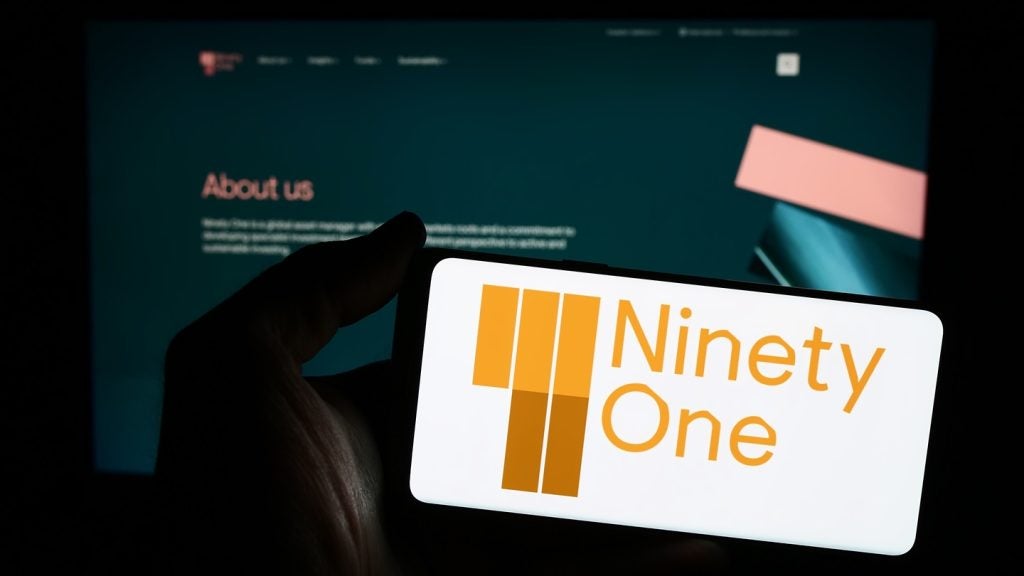
Lending is a big part of the financial sector and becoming ever more popular. Private credit is especially looking fruitful for the wealthy. But what is the advantage?
Kevin Petrovcik, managing director and senior client portfolio manager for Invesco’s Private Credit Group, talks on the product and its opportunities.
PBI: Can you provide an overview of the US Senior Secured Loan (SSL) market and its significance in the current financial landscape?
Kevin Petrovcik: The syndicated bank loan market is a significant component of the global financial landscape, boasting a market size of approximately $1.7trn. This market differs from direct lending as each new loan is introduced by a commercial or investment bank and distributed to a wide array of institutional investors.
A key feature of this market is the daily liquidity provided to investors, as loans are actively traded over-the-counter and priced daily. What makes this market unique is the size of the companies involved in these private transactions, coupled with the customisation of each loan to the borrower’s needs, emphasising the direct obligation of repayment to each investor.

PBI: What factors contributed to the strong performance of the SSL market in 2023, surprising many macroeconomists?
KP: The SSL market emerged as an attractive avenue for investors seeking robust risk-adjusted returns with low volatility in 2023. The driving forces behind this strong performance included a combination of robust coupon income, reaching near all-time highs due to rising base rates and somewhat wider new issue spreads.
Additionally, a largely benign credit environment supported broad-based price appreciation across the market. This resilience was further bolstered by better-than-expected economic performance, allowing borrowers to maintain healthy earnings progression, service their debt efficiently in a rising interest rate environment, and access capital markets to manage near-term maturities.
How well do you really know your competitors?
Access the most comprehensive Company Profiles on the market, powered by GlobalData. Save hours of research. Gain competitive edge.

Thank you!
Your download email will arrive shortly
Not ready to buy yet? Download a free sample
We are confident about the unique quality of our Company Profiles. However, we want you to make the most beneficial decision for your business, so we offer a free sample that you can download by submitting the below form
By GlobalDataPBI: What pressures are currently faced by underlying borrowers in the SSL market, and are there new risks emerging?
KP: Despite the benefits to investors, underlying borrowers face challenges, primarily due to the obligation to pay higher interest expenses, which could significantly strain companies already dealing with high leverage. Any downturn in corporate earnings could exacerbate this pressure. The economic outlook has evolved from recession fears to predictions of a bumpy runway, with CPI data suggesting that inflation is under control.
However, the paramount risk for corporate issuers is managing increased interest expenses against their balance sheets. Interestingly, leverage has decreased in the market post-COVID, with many companies successfully managing their higher interest burdens, keeping market defaults relatively low for now.
PBI: Looking ahead, how do you anticipate the returns in the SSL market will shape up for 2024?
KP: The outlook for 2024 suggests an average three-month Secured Overnight Financing Rate (SOFR) rate of over 4%, with expectations of a gradual decrease in base rates being partially offset by new issuance continuing to clear wider than outstanding loans. This dynamic is expected to raise the overall nominal market spread. We anticipate an increase in loan defaults, with projections in the range of 3.75% to 4.25% for the trailing 12-month default rates. This indicates a cautious but informed perspective on the SSL market’s performance in the coming year.







